#Uaw
U.S. Asks Mexico to Investigate Stellantis' Labor Practices
The United States has requested that Mexico investigate worker rights violations that were alleged to have taken place at one of the parts factories owned by Stellantis. Officials are curious about what’s been happening at Teksid Hierro de Mexico, a facility located in the border state of Coahuila that’s responsible for manufacturing iron casings, in regard to unionization. According to U.S. officials, this is the fourth such complaint under the United States-Mexico-Canada Agreement (USMCA).
Having supplanted the North American Free Trade Agreement (NAFTA) signed into law by the Clinton administration in 1993, USMCA sought to rebalance trade laws the Trump administration believed had disadvantaged the United States. However, it also sought to advance worker protections in Mexico and give employees an easier pathway toward unionization.
Detroit Automakers Reinstate Mask Mandates in Michigan
General Motors, Stellantis, and Ford Motor Co. collectively decided to reinstate masking mandates in Michigan over the weekend — stating that the impacted factories were in areas with high levels of COVID-19.
The automakers had lifted mask requirements for employees after the backlash against government-backed restrictions and mandates hit a fever pitch in March. While protests had begun swelling by the fall of last year, the Canadian Freedom Convoy that was forcibility disbanded in February drew national attention to the issue. Despite Detroit manufacturers suggesting they would walk back restrictions (if the Centers for Disease Control and Prevention said it was okay) for months, ditching masks initially involved a series of stipulations about vaccinations and job titles. It wasn’t until public outrage spilled over into the real world that sweeping changes began to occur.
UAW & Green Lobby Sue USPS Over Not Prioritizing EVs
On Thursday, The UAW and a group of environmental groups based in the United States filed numerous lawsuits in an effort to block the U.S. Postal Service (USPS) from moving forward with plants to purchase gasoline-powered next-gen delivery vehicles (NGDVs) from Oshkosh Defense. The suits are being launched on the grounds that the USPS failed to comply with environmental regulations and went back on an earlier promise to field all-electric variants.
They’re supported by the White House — which launched an initiative to convert the entire federal fleet into battery electric vehicles last year — and congressional Democrats that were angered after the Postal Service went against the Biden administration’s request to prioritize EVs. The president and the Environmental Protection Agency (EPA) even went so far as to request that the USPS to hold off on the $11.3 billion contract with Oshkosh so electric options can be reevaluated. However, Postmaster General Louis DeJoy has repeatedly stated that it’s not realistic to field a significant number of electric vehicles and that the mail service would need additional funding from the government to consider such a move.
Drama: Elon Musk Dares UAW to Hold Union Vote in California
Tesla CEO Elon Musk has invited the United Auto Workers (UAW) to hold a union vote at the company’s facility in Fremont, California. While this may fool you into believing the executive has had a change of heart in regard to unionization, Musk seems to be inviting the labor group into a trap to dunk on his political enemies.
It’s no secret that there’s been bad blood between Tesla and the Biden administration. The White House has repeatedly left the automaker out of its discussions pertaining to industry regulation and proposed additional financial incentives for automakers using unionized labor to build electric vehicles. As the world’s largest purveyor of EVs by far, Musk believes his organization deserves some acknowledgment and has noted that the UAW is one of the Democratic Party’s staunchest allies. He’s asking for the vote in Fremont because he clearly thinks it will fail.
Report: Biden Admin May Link Semiconductor Subsidies to Unions
Despite the semiconductor shortage having encouraged the automotive sector to repeatedly idle factories, word on the ground is that things are becoming more stable. Companies are seeing less production downtime overall and workers are reporting more reliable working conditions across the board. However, several automakers have continued to express concerns (e.g. Volvo), alleging that chip shortages could stretch deep into 2022, while the U.S. government ponders how to advance chip production in-country and become less dependent on Asian suppliers.
Commerce Secretary Gina Raimondo has been touring Michigan, meeting with union members and industry heads, and plans to urge Congress to move on a $52 billion in funding bill aimed at boosting domestic production. We’ve questioned the efficacy of the CHIPS Act before, primarily in relation to how the subsidies would be allocated. But there are new concerns that the plan will mimic the Biden administration’s EV subsidies by spending heaps of taxpayer money and giving union-backed organizations a larger cut.
I Spy: Jeep Maker Tosses Accusations of 'Corporate Espionage' at General Motors
There’s no shortage of historical acrimony between Detroit’s automakers, some of which spills over from the showroom to the courtroom. Fresh out of the latter are allegations of corporate espionage against General Motors.
By the way, that awkward headline (‘Jeep maker’) was deployed thanks to the length of time this legal wrangling has consumed; in other words, it would be technically incorrect to specify ‘Stellantis’ when the flap predates their ownership of the Jeep brand.
Mask Up: U.S. Automakers to Extend Plant Requirements
In a reminder that the COVID-19 pandemic isn’t over, no matter that we all wish it was, U.S. automakers and the United Auto Workers union have agreed to extend mask requirements for workers but will not require vaccination for union workers.
Stellantis to Cut Jobs at Jeep Plant in Illinois
Blaming the global shortage of semiconductors and related supply chain challenges, Stellantis has announced another round of cuts at one of its factories. According to a report in the Detroit News, about 400 workers have been informed of an ‘employee reduction’ that will take effect early next calendar year.
Unfair? Toyota Launches Ad Campaign Opposing EV Tax Credit Scheme
Toyota Motor North America has already voiced its opposition to the proposed EV tax credit scheme tied to the the Democrats’ latest spending bill. This week, it has decided to expand its message by purchasing advertisements in national publications.
Starting Tuesday, Toyota will be launching an ad campaign intended to help bring Americans toward its side of the fence. While the automaker isn’t intrinsically offended by the government-backed incentivizing of electric vehicles, it has taken umbrage with the Biden administration’s insistence that consumers be issued an additional $4,500 incentive for purchasing union-made products. Though the reasoning should be obvious, since the company doesn’t have any unionized facilities in the U.S., the automaker is seeing growing support as the related legislation is stalled on Capitol Hill.
Vaccine Mandates Being Considered By Auto Industry, UAW
With the Biden administration having announced that it would start requiring companies to vaccinate employees, automakers and UAW are finding themselves in a sticky situation. Unions had previously said they wanted to hold off on endorsing or opposing mandatory vaccinations until after they discussed things with the industry and their own members. Considering Joe Biden said he wouldn’t make vaccines mandatory less than 10 months ago, employers are getting caught with their pants around the proverbial ankles.
Automakers had previously been surveying white-collar workers to see what they wanted to do while upping on-site COVID restrictions, but operating under the impression that any hard decisions were likely a long way off and left entirely to their discretion. Now the Department of Labor’s Occupational Safety and Health Administration is planning a new standard that requires all employers with 100 (or more) employees to guarantee their workforce is fully vaccinated or require any unvaccinated workers to produce a negative test result on a minimum weekly basis.
Correct: Honda Says Senate Tying EV Subsidies to Unions Discriminatory
Despite regulatory efforts often being praised as essential for elevating standards and promoting safety, they’re also an excellent way to funnel money and favors between political and corporate entities in plain sight. This dichotomy is particularly glaring in regard to environmental restrictions, which frequently favor businesses that are wealthy enough to afford to adhere to them and subsidies that effectively reroute tax funding to support various industries.
Considering this, it’s fairly rare to see bigger businesses griping about government assistance. But that’s exactly what Honda is doing with a proposal in Congress seeking to provide additional EV subsidies to consumers that buy vehicles manufactured by union-backed plants. The manufacturer has stated it believes the Clean Energy for America Act is discriminatory by favoring specific automakers and will ultimately restrict the choices available to consumers – which is true.
Opinion: Automakers Reinstating Nationwide Mask Mandates Is a Mistake
Detroit automakers and the UAW have elected to reinstitute national masking mandates for all of their facilities, starting Wednesday. General Motors, Ford, and Stellantis have issued a joint announcement clarifying that the rules are in accordance with the updated guidance from the Centers for Disease Control and Prevention (CDC) recommending masks be worn by all persons regardless of their vaccination status.
Based upon the text included in the release, the industry seems aware that the decision will be unpopular and is doing its utmost to transition responsibility without absolving itself entirely.
Ford Reintroducing Mask Requirements in Three States
For the last several nights it’s been impossible to turn on a screen and not encounter some besuited mouthpiece telling you that face coverings and social distancing will be the peak of fashion by this fall. In the real world, we’ve seen this mirrored by governments and businesses reinstituting COVID restrictions. General Motors even got out early and decided (with encouragement from the UAW) to bring back masking in Missouri.
Now it’s Ford’s turn.
UAW and General Motors Are Backing Mask Mandates Again
Despite American carmakers and the United Auto Workers abandoning mask mandates at the end of June, there’s been an about-face in Wentzville, Missouri. The state witnessed an uptick of cases, encouraging both the UAW and General Motors to reintroduce masks and social distancing protocols.
The facility is responsible for the GMC Canyon and Colorado, as well as Chevrolet’s Savana and Express. It’s also likely to be the first facility of many we’re assuming will be told it’s time to go back to the old masking rules. But why is this happening so soon after everyone was given the green light to return to normal operations?
Mask Mandates Dropped By American Automakers, UAW
The COVID-19 Joint Task Force comprised of Detroit automakers and the United Auto Workers (UAW) has announced that it will be removing mask mandates for vaccinated employees. After meeting on Monday to discuss changes within state and federal health policies, the group decided masks should be made voluntary items for staffers. They could not get the rule change to coincide with the date the decision was made, however.
Lineworkers will instead be waiting until July 12th to pitch their masks in the trash bin so they can be deposited upon beaches and sea beds around the world. Of course, if a government agency (city, state, or county) wants to uphold old mandates or introduce new ones, the COVID-19 Joint Task Force said it would automatically comply. But that might not matter if employees have already decided to stop observing pandemic protocols.



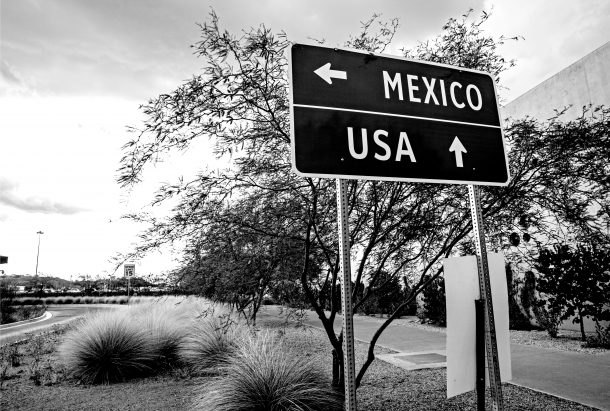



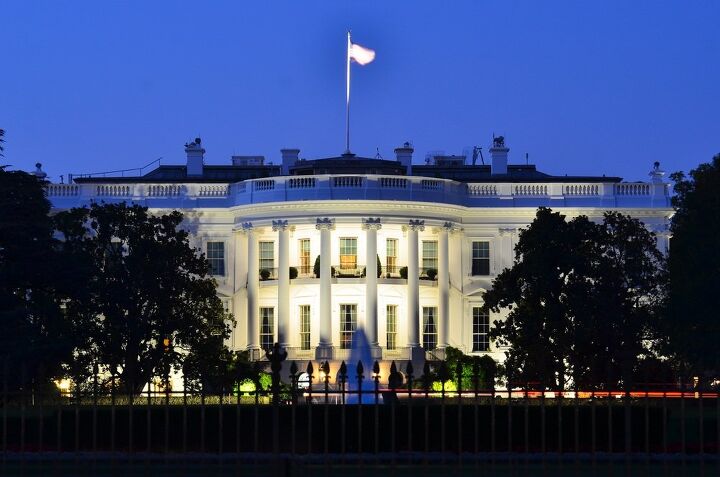
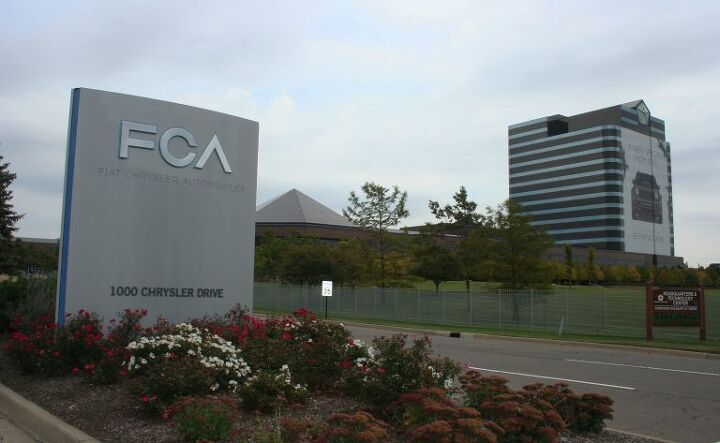

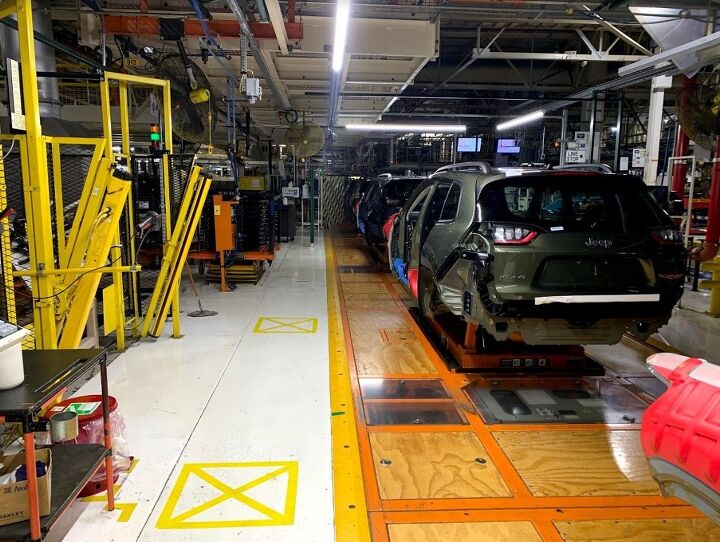
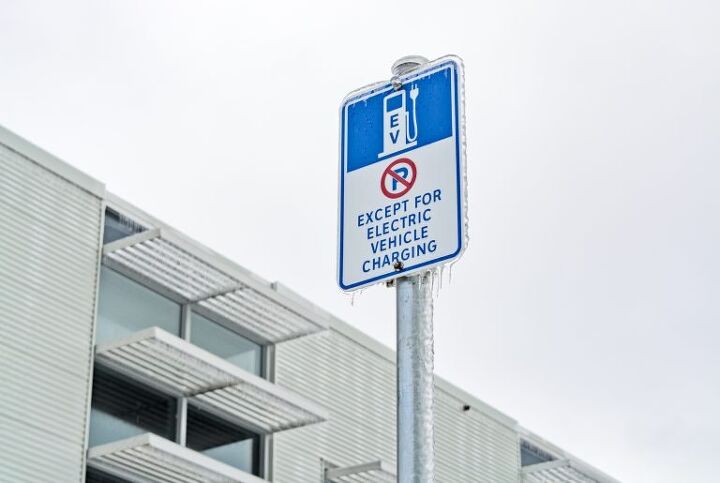
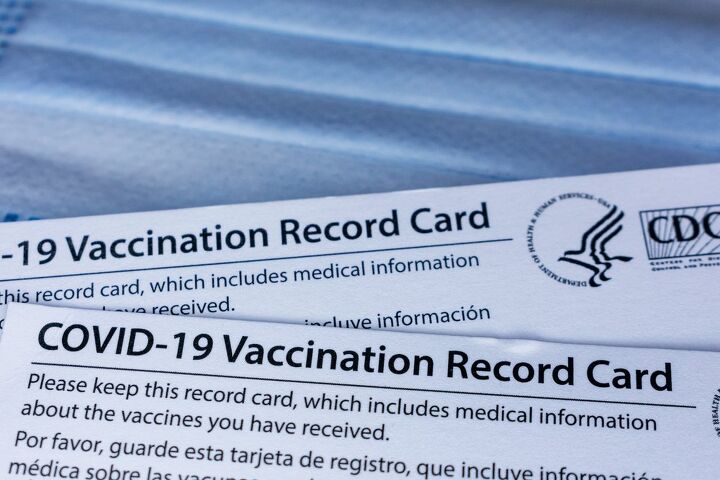
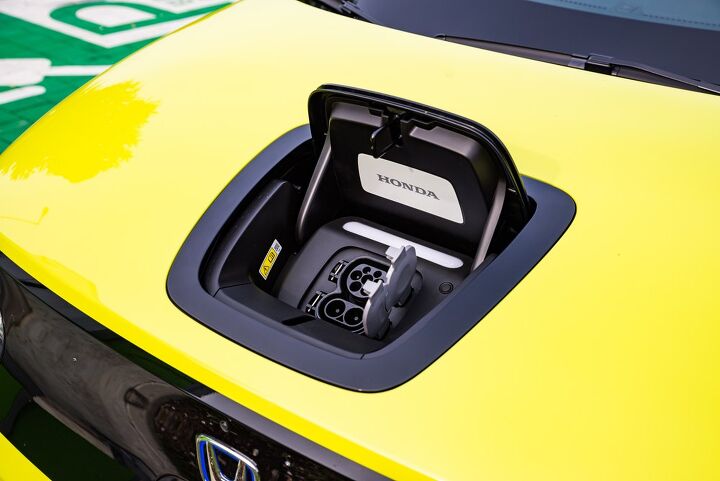













Recent Comments